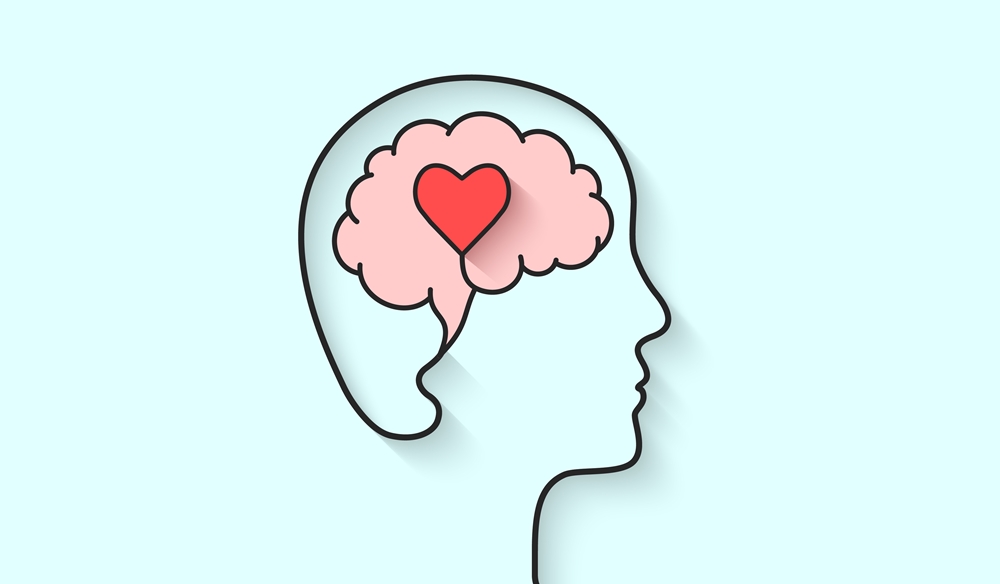Mental health is an essential aspect of overall health and well-being. It affects how we think, feel, and behave, and has a significant impact on our daily lives. Unfortunately, mental health is often overlooked, and many people suffer in silence.
In this article, we’ll explore what mental health is, why it matters, and provide some tips and resources to help you improve and maintain good mental health.
What is Mental Health?
Mental health refers to a person’s overall psychological well-being. It encompasses our thoughts, emotions, behaviors, and the way we interact with the world around us. Good mental health allows us to feel good about ourselves, manage stress and challenges, and form meaningful relationships.
Why Mental Health Matters
Mental health matters because it affects all aspects of our lives. When our mental health is poor, we may experience feelings of anxiety, depression, or hopelessness, and we may struggle to manage stress and form relationships. In severe cases, poor mental health can lead to self-harm or suicide.
In contrast, good mental health enables us to feel positive and optimistic, handle stress and challenges, and form meaningful relationships with others. Good mental health can also improve our physical health, as stress and anxiety have been linked to a variety of physical health problems.
Tips for Improving and Maintaining Good Mental Health
Here are some tips for improving and maintaining good mental health:
- Practice self-care: Engage in activities that you enjoy and that bring you joy and peace. This could be anything from reading, playing a musical instrument, or taking a bath.
- Exercise regularly: Exercise has been shown to improve mental health, reduce stress, and increase feelings of happiness and well-being.
- Connect with others: Building strong relationships with friends and family members can improve mental health and provide a support system when times are tough.
- Get plenty of sleep: Sleep is essential for good mental health, as it allows our bodies and minds to rest and recharge.
- Seek professional help: If you are experiencing symptoms of mental illness, such as depression or anxiety, it’s important to seek help from a mental health professional.
Resources for Improving Mental Health
If you are struggling with your mental health, there are many resources available to help. Here are some of the most common resources:
- Therapists: A mental health professional, such as a therapist, can provide support and treatment for mental health problems.
- Support groups: Support groups provide a safe and supportive environment for individuals to connect with others who are facing similar challenges.
- Hotlines: Many organizations offer hotlines that you can call to speak with someone about your mental health.
- Online resources: There are many online resources available, including self-help books, online therapy, and mental health blogs.
Conclusion
Mental health is an essential aspect of overall health and well-being. It affects our thoughts, emotions, behaviors, and the way we interact with the world. Good mental health enables us to feel positive, handle stress and challenges, and form meaningful relationships with others. If you are struggling with your mental health, there are many resources available to help, including therapists, support groups, hotlines, and online resources. Remember, mental health matters, and it’s never too late to take steps to improve and maintain good mental health.
